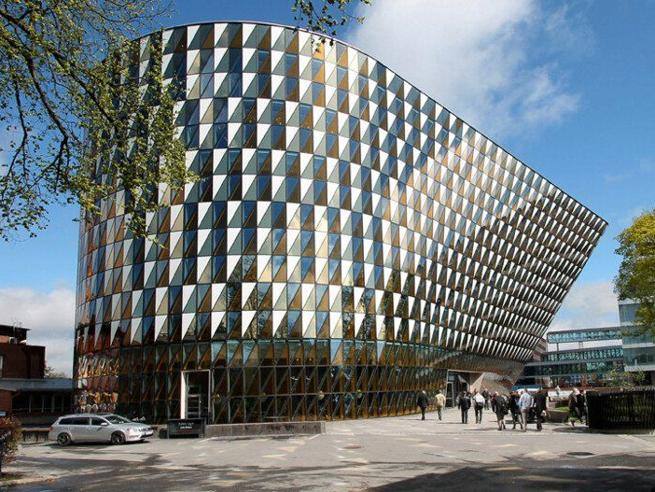Research samples collected over at least three decades at the Swedish University of Medicine have been destroyed. This is a damage of at least 40 million euros, but above all, an immeasurable loss for scientific research.
The samples were stored in tanks cooled with liquid nitrogen at a temperature of -190°C. The greatest damage affected the samples stored in the last thirty years for leukemia research.
“The samples were all strictly intended for research, so they would not have influenced the care of current patients,” explained Matti Sällberg, dean of the southern campus of KI, “but they were intended to be used in future research.” Many environmentalists have wondered about this.
Today, the Global Seed Vault, already designed and built in 2008 to withstand natural disasters, wars, or terrorist attacks, is flood-proof and blackout-proof. In the Norwegian archipelago bunker, from the 130-meter entrance tunnel filled with water, some backup generators have been removed.
And the emergency power systems are able to maintain the constant temperature of minus 18 degrees necessary for seed preservation. The main technological innovation here, promising to ensure a long life for the biodiversity conservation bank, was the decision to move the cooling system outside the vault, so as not to overheat it.
In the initial plans, the depth of the excavation in the mountain rock and the permafrost were supposed to guarantee the temperature of the Seeds Vault with “natural insulation” even in the absence of energy. However, global warming and the gradual melting of the permafrost have necessitated strengthening the power systems of the refrigeration machines.
This is not just a case related to human error. In other countries, the increasingly frequent problems in the electricity supply chain cause damage to science.
It happens in South Africa, where in the spring of 2023, numerous studies were delayed due to continuous blackouts. Repeated power interruptions are a problem for many university campuses, to the extent that academic authorities feared that a certain number of students might be tempted to leave the campus and transfer their research elsewhere.
Similar problems are encountered in Nigeria. A joint study by 4 universities (two Chinese and two British) highlights how not only research but also economic growth is “hobbled” in 152 countries by energy supply blackouts.
